How to Protect Yourself from Social Security Identity Theft
What Is the Social Security Administration?
The social security administration (SSA) is an independent government agency that administers social security. It is an insurance program that consists of retirement, disability and survivor benefits. In order to qualify for these benefits most workers pay into the system through social security taxes.
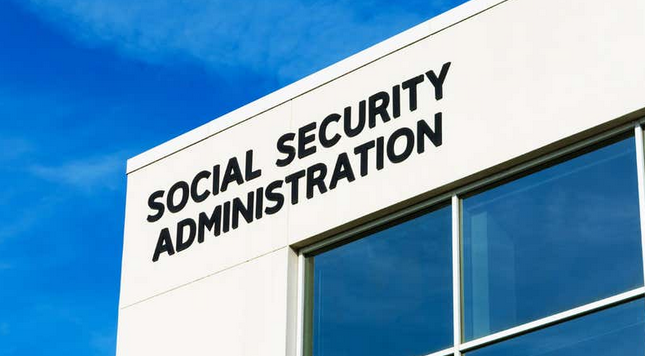
The head offices of the social security agency are located in Woodlawn, Maryland and are referred to as the Central Office. There are tens of thousands of workers employed by the social security agency and it is the largest government program in the United States.
It is estimated that by the end of the 2022 fiscal year the agency will have paid out $1.2 trillion in benefits to 66 million citizens and legal residents of the United States. An additional 61 billion is expected in SSI benefits and 7.5 million to low-income individuals.
This government agency is a vital part of the country's economy and without it millions of already struggling Americans would have nothing. It is a program that many have paid into for decades in preparation for retirement and as an insurance policy against sudden disability.
History of the Social Security Agency
On August 14th 1935, President Franklin D. Roosevelt signed the Social Security Act into law as part of his New Deal initiative. This led to the creation of the Social Security Board (SSB), a presidentially appointed group of three executives tasked with overseeing the social security program.
With zero budget, staff or even furniture the SSB finally obtained funding from the Federal Emergency Relief Administration. It was on October 14th 1936 that the first social security office opened its doors in Austin, Texas.
In January of 1937 social security taxes were first collected. Just a few years later the first social security check was issued to Ida Mary Fuller of Battleboro, Vermont. Ida’s check was dated January 31st 1940 and she received $22.54.
The SSB in 1939 merged with the U.S. Public Health Service, the Civilian Conservation Corp and other government agencies to become the Federal Security Agency. In 1846 under President Harry S. Truman the SSB was named the Social Security Administration SSA.

In 1953 the Federal Security Agency was dismantled and the SSA was placed under the banner of the Department of Health, Education and Welfare. Finally in 1994 President Bill Clinton made the Social Security Administration an independent body once again.
What Is Our Social Security Number?
The small rectangular piece of banknote paper which bears your legal name and a very important nine digit number is known as our social security card. This is a number which is a vital piece of identifying documentation that is used to help track our financial earnings. Due to tax laws, most people's parents will apply for their child’s Social Security number before they even leave the hospital after birth.
It used to be the case that people might not apply for their Social Security card until they were ready to start work. These days however things have changed. In order to be able to claim your children as dependents on your taxes they have to have been issued a valid Social Security number. This is why most hospitals will actually assist new parents in making the application on their child’s behalf.
So your Social Security card will be the first identifying document that most people have. The main reason for the Social Security card and subsequent unique nine digit number is to identify its owner for taxation purposes. You must possess a Social Security card to find legal employment in the United States.
The card allows the U.S. government to withhold Social Security insurance taxes from your paychecks which go into a universal fund. It is from this fund that state pensions are drawn and that the money for disability payments are also found.
Why Do We Need to Protect Our Social Security Number?
Our social security number is required as an identifier for a number of things such as opening bank accounts, receiving loans or obtaining credit cards. In an increasingly digital world someone who has access to your social security number and some basic biographical information about you can essentially steal your identity and destroy your credit.
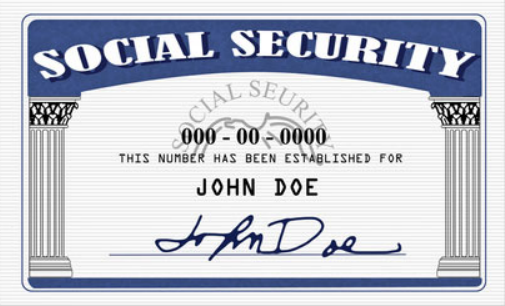
You may have loans, credit cards or even tax filing fraud committed against your name, enriching the criminal and leaving you with an uphill struggle to clear your name and often an extensively damaged credit history.
Essentially in an ideal world you should be the only individual who knows your social security number. You should also only ever use it for secure official purposes.
How to Protect Your Social Security Number?
In order to protect yourself from social security identity theft your principal aim is to ensure no one with criminal intent gains access to your unique tax number (social security number). In this section we will look at some important tips and steps to protect this important number from being abused by criminals.
Only Give Your Social Security Number to Entities That Really Need it
There are going to be reasons throughout your life where you will need to supply your social security number. These may include procuring loans, credit cards, employment and even supplying credit checks for potential landlords.
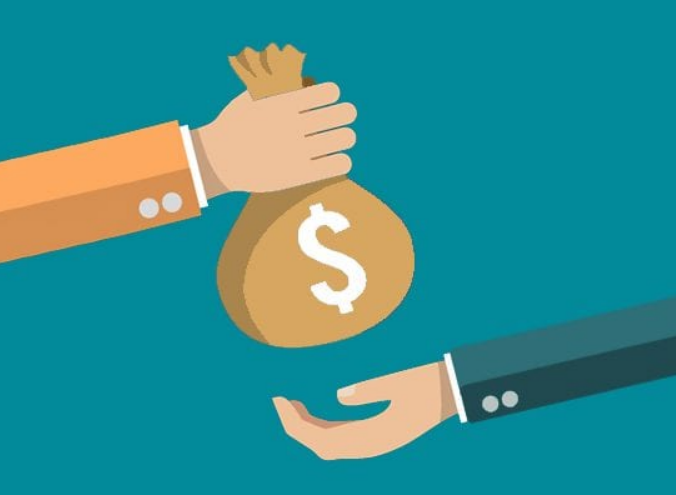
If a company asks for your social security number for “identity purposes” but you are not receiving employment or some form of financial service, query this. Offer them government issued photo ID such as a driver's license or passport. The social security card does not have your picture so possessing is not always proof of ownership.
If a company insists, ask them why they need it, with whom will it be shared, how will it be stored, what their privacy policies are and whether they cover your liability against it being stolen. Credit checks are required for a number of services including sometimes utilities like electricity and gas so they may require your social security number.
Don’t Keep Your Card in Your Wallet
There are very rare instances in life where you will have to present your social security number physically on your government issued card. Too many people carry their card in their wallets meaning they are often out in the world with it. Losing or having your wallet stolen is a real possibility which would leave your social security number at the mercy of potential criminals.
Secure your physical social security card at home and memorize your number. It isn't that difficult to do for most people. Keep the physical card in a secure location preferably in a locked box or at the very least well hidden from potential home thieves.
Shred Documents Before Disposal
Unneeded mail and documents that may exhibit personal details about you should be shredded before throwing them out. Identity thieves have no qualms about stealing bags of trash in search of potential financial documents that can be used to steal your identity. If the document is whole this is very easy for them. Invest in a paper shredder so that the documents can be destroyed to the extent that the information can not be reclaimed.
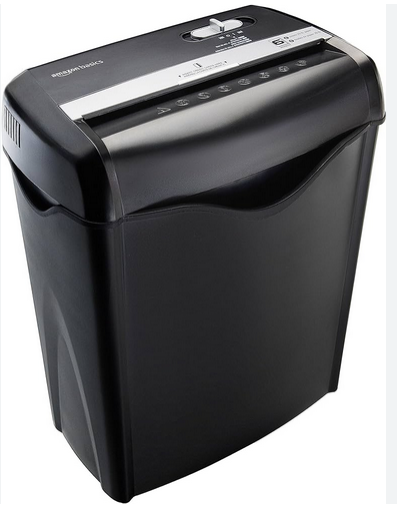
Top Tip: Get a shredder which has a card shredding function that will allow you to destroy old credit cards as well which can be used to help steal your identity.
Never Use Your Social Security Number for Other Purposes
There are many legitimate reasons for using your social security number but you might be surprised how many people use this number as a password as well. This is a terrible idea because although it may seem hard to crack and also handy because you have it memorized but this can backfire.
Almost constantly sites around the world are getting hacked by thieves gaining access to customer information including emails and of course passwords. If someone sees your password is nine digits it is not too far a jump to guess that could be your social security number and once they have that you are in trouble.
Don’t Send Your Social Security Number by Email or Messenger App
Emails and messenger messages are far too easy for criminals to intercept so never ever send your social security number to someone by these means. Do this only by secure means, in person or over the phone as required.
Track Your Credit Report Regularly
Many victims of social security identity theft do not find out straight away. This is because they have not been monitoring their credit history. They may never have taken out a credit card or loan in their life so do not feel the need to monitor such things.
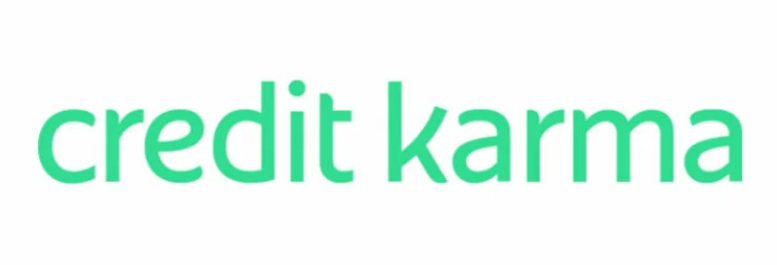
Sign up for Credit Karma and check your report at least each month to look for any unusual activity. Also keep an eye on your bank accounts to look for any unusual activity. Make use of account alerts for banking and companies who can monitor.
Warning Signs that Your Social Security Number Has Been Stolen
There are certain signs that can indicate immediately that you may have a problem and that someone else now has use of your Social Security number. In this section we will mention several signs that you should be alert for to help you stay ahead of thieves.
Password Reset Notifications
If you have ever forgotten a password for something you have likely had to request a reset to regain access so you should know how this works. Password reset notifications can actually be a sign of two different types of scam.
Firstly they may be an email attempt to phish for personal data such as your Social Security number or bank account details. You click the link and you are taken somewhere where you are requested to give such details to regain access to an account.
Obviously if the email is claiming you have an account somewhere you know that you do not this could be a classic phishing scam and you should click nothing.
The second reason you might get an unexpected password reset from a site you do have an account with is because someone is actively trying to take control of your account. If this is the case do not click the link in the email but instead visit your account to change your email independent of this message.
If someone has gained access to your account, changing the password will stop them in their tracks in this particular instance. The fact that this has happened however could indicate someone has some of your personal data so you may need to take steps to secure all of your accounts.
Significant Credit Score Changes
You should know what you are doing with regards to your credit cards, loans and mortgages so any notable changes to your credit score should not be a surprise. If you for instance paid off a big chunk of debt your score may jump up. Applying for new loans may cause a sudden drop in the score.
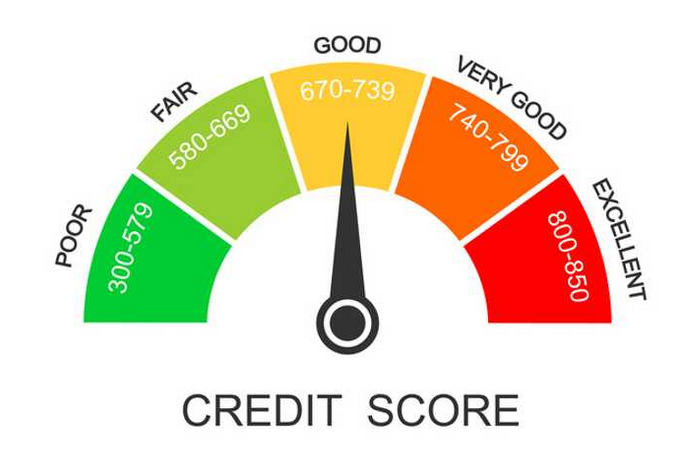
So if you check your credit score at least once a week and there is a sudden drop for no known reason you need to get a full credit report as soon as possible. You will want to be looking for any new accounts or requests for accounts that should not be there.
If someone has opened accounts or tried to do so in your name then they must have access to your Social Security number. This means you need to take immediate action to cut off the criminals.
Banking Record Irregularities
If a thief manages to gain access to your Social Security number it is not particularly difficult for them to also access your personal bank accounts. Once they have access to your bank accounts they can do a lot of damage in very short order.
Money can be transferred out of your accounts, new debit cards can be issued and a host of other actions can be taken to steal your money. These activities will cause noticeable irregularities in your bank that you should be able to discern.
If money is being removed from your account and it was not initiated by an authorized user you must immediately contact your bank's fraud department who will help you lock it down to regain control of the situation.
Letters from Your Bank or the IRS
As a general rule of thumb if you are in good standing with your taxes you will receive very few letters in the mail from the IRS beyond confirmations of tax returns and refunds. So any letter from the IRS should be opened as it may be an indication of Social Security card fraud.
You might receive a letter confirming a filing of taxes when you are still in the process of preparing them. Thieves try to swoop in early in tax season to use your Social Security number to pirate away your potential refund.
Receiving unexpected letters from the bank may also indicate some illegal activity has been perpetrated or attempted against your account. Although banks often call if they detect fraud the IRS does not ever call you, they will communicate through letters.
Fraudulent Tax Returns
This has become an alarmingly common problem in recent years causing tax preparers to require proof of identification before they will even look at your taxes for you. Sadly this doesn’t stop thieves who have ways to file taxes that circumvent the need for ID.
If thieves have your Social Security they can file taxes in your name and claim your refund. It could potentially take over a year to come to light as your legally prepared taxes will likely come in after the thief has already made off with your refund.
It may not come out until you call up inquiring about your refund and get casually informed that you already filed and received the refund.
What to Do if Someone Is Using Your Social Security Number
You have verified someone somewhere has your Social Security number and are in the process of demolishing your finances for their own gain. There is no time to lose. You need to get this situation under control as quickly as possible so follow these tips.
Report It Immediately
The very first thing you need to do is cover your own back because things are likely to get worse before they get better. Go straight to the local police and file a report so you have a record of the theft. This will come in useful down the line as you may be fighting some battles.
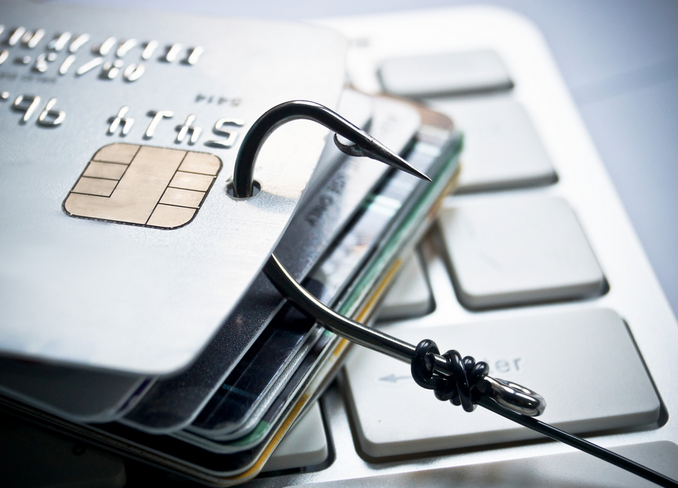
Once you have a police report or theft affidavit next contact the IRS and the Federal Trade Commission (FTC). It might also be wise to contact your bank to make sure they are aware of the situation and to check and see if they have any extra security steps that you can use to secure your accounts.
Freeze Your Accounts
This might sting a little but you are likely going to have to place a freeze on your accounts to stop the fraud in its tracks. Notify your bank and the credit agencies that your Social Security number has been compromised.
Put a freeze on your credit cards and also put a fraud alert on your Social Security number with the credit agencies. This fraud alert will stop any further accounts being opened in your name until you get this situation under control. Accounts can only be opened after the credit agency confirms you are the rightful owner of the Social Security number.
Request a New Social Security Card
If your card was lost or stolen you may need to order a new card for your own personal use. This is easily done through your My Social Security account. If however the fraud has reached unassailable levels you may also have to request a new Social Security number entirely.
Final Thoughts
Identity theft is a real risk to everyone and one of the easiest ways for this to be perpetrated is by someone gaining access to your social security number. This is the kind of thing that if it is not caught early can absolutely ruin your life financially. Knowing how to protect yourself against this kind of fraud is vital and also how to respond should you discover you have been compromised.
Reference SSA Locator
If you use any of the forms, definitions, or data shown on SSA Locator, please make sure to link or reference us using the tool below. Thanks!
-
<a href="https://ssalocator.com/blog/how-to-protect-yourself-from-social-security-identity-theft/">How to Protect Yourself from Social Security Identity Theft</a>
-
"How to Protect Yourself from Social Security Identity Theft". SSA Locator. Accessed on July 6, 2025. https://ssalocator.com/blog/how-to-protect-yourself-from-social-security-identity-theft/.
-
"How to Protect Yourself from Social Security Identity Theft". SSA Locator, https://ssalocator.com/blog/how-to-protect-yourself-from-social-security-identity-theft/. Accessed 6 July, 2025
-
How to Protect Yourself from Social Security Identity Theft. SSA Locator. Retrieved from https://ssalocator.com/blog/how-to-protect-yourself-from-social-security-identity-theft/.